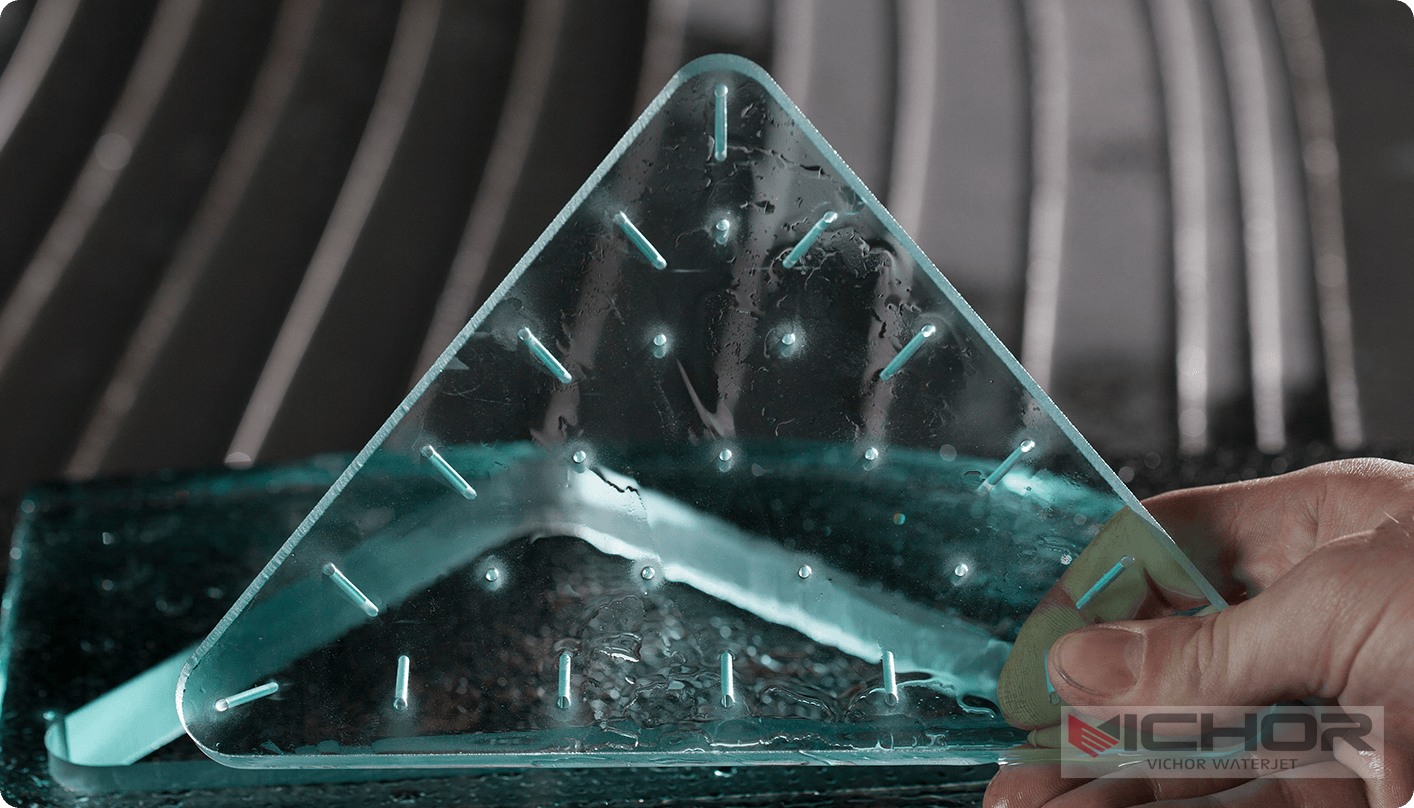
Hot Water Jetter for Sale: Your Ultimate Buyer's Guide to Power Cleaning Solutions
For professionals tackling the toughest drain blockages, grease accumulations, and industrial cleaning challenges, a hot water jetter for sale represents a significant upgrade over cold water units and chemical methods. Whether you’re a seasoned drain cleaning contractor, a facility maintenance manager, or an industrial operator, understanding the nuances of purchasing the right hot water pressure washer is crucial. This comprehensive guide explores the critical aspects you need to evaluate when searching for a hot water jetter for sale, ensuring you make an informed investment.
Why Invest in a Hot Water Jetter? The Advantages Over Cold Water Units
The core benefit driving the search for a hot water jetter for sale is the remarkable cleaning power unlocked by combining high pressure with high temperature. Here’s why hot water reigns supreme for many demanding applications:
Melting Grease, Fat, and Oil: This is the primary advantage. Hot water (typically 140°F to 210°F+) instantly liquefies grease, fats, and oils that solidify and cling stubbornly to pipe walls with cold water alone. This allows the jetting stream to easily flush them away, preventing recurring clogs in restaurant lines, grease traps, and industrial settings.
Superior Sanitization: The high temperatures achieved by a hot water jetter effectively kill bacteria, viruses, mold, and other pathogens. This is essential for food processing plants, healthcare facilities, dairies, and anywhere hygiene is paramount. Cold water cleaning merely displaces contaminants.
Enhanced Cleaning Efficiency: Hot water significantly reduces the surface tension of water, allowing it to penetrate dirt, grime, and residues more effectively. It also softens many types of buildup, requiring less pressure and time to achieve a thorough clean compared to cold water. This translates to faster job completion and reduced water usage.
Reduced Chemical Dependency: While detergents can still be beneficial, the power of hot water often minimizes or eliminates the need for harsh chemical cleaners. This leads to cost savings, a reduced environmental footprint, and safer working conditions for operators.
Versatility: From clearing grease-clogged sewer laterals and restaurant drains to sanitizing production equipment, barn floors, and heavy machinery, a hot water jetter tackles a vast array of tasks that cold water machines struggle with.
Key Applications: Where a Hot Water Jetter Shines
Understanding the diverse uses helps pinpoint the right hot water jetter for sale for your specific needs:
Drain & Sewer Cleaning: The undisputed king for clearing grease, soap scum, and organic buildup in municipal sewer lines, commercial kitchen drains (sink lines, grease traps/interceptors), and residential main lines prone to FOG (Fats, Oils, Grease) blockages.
Industrial Cleaning: Degreasing heavy machinery, engines, parts, tanks, vats, and factory floors in manufacturing, automotive, aerospace, and processing plants. Removes oils, coolants, and stubborn residues.
Food & Beverage Processing: Essential sanitation for production lines, conveyor belts, mixers, storage tanks, floors, and walls to meet strict hygiene standards (e.g., USDA, FDA). Effectively removes fats, proteins, and sugars.
Agricultural & Farming: Cleaning milking parlors, barns, stables, trailers, and equipment. Hot water excels at removing organic matter, manure, and biofilms while providing sanitization.
Transportation: Degreasing engines, undercarriages, trucks, buses, railcars, and aircraft. Effective for cleaning depots and maintenance facilities.
Municipal & Contract Cleaning: Versatile tool for municipal public works departments and contract cleaners handling diverse sanitation and deep cleaning tasks.
Critical Features to Evaluate When Choosing a Hot Water Jetter for Sale
Not all hot water jetters are created equal. Scrutinize these key specifications when comparing models:
Pressure (PSI): Determines the impact force. Common ranges:
Light-Duty: 1,500 – 3,000 PSI (smaller drains, lighter grease)
Medium-Duty: 3,000 – 4,000 PSI (most common for drain cleaning, general industrial)
Heavy-Duty: 4,000+ PSI (toughest industrial jobs, large diameter pipes)
Flow Rate (GPM): Determines cleaning volume and carrying capacity. Crucial for flushing away dislodged debris, especially grease.
Drain Cleaning Focus: Higher GPM (often 4-10 GPM) is generally more important than ultra-high PSI for effective flushing. Match GPM to hose diameter and pipe size.
Surface Cleaning Focus: Higher GPM also aids in covering larger areas faster.
Water Temperature (°F): The defining feature. Consider:
Temperature Rise: How many degrees above incoming cold water temp? (e.g., 100°F, 140°F, 200°F rise). Higher rise = more cleaning power on grease.
Maximum Output Temp: Ranges typically from 180°F to 250°F+. Ensure it meets your application needs (e.g., sanitization often requires 160°F+ surface contact).
Burner Type & Fuel: Diesel burners are most common (powerful, efficient). Gasoline and propane options exist. Electric heating elements are rare due to high power demands.
Heating System Performance:
Thermal Recovery Rate: How quickly the unit can maintain set temperature at a given flow rate. Vital for continuous cleaning without temperature drops. Measured in °F rise per GPM (e.g., 140°F rise @ 5 GPM = 700,000 BTU/hr output).
Burner BTU Rating: Higher BTU generally means faster heating and better thermal recovery. Match BTU to GPM needs (e.g., 5 GPM units often need 500,000+ BTU).
Hose Reel & Hose: Essential for drain cleaning efficiency.
Reel Type: Manual crank vs. powered rewind (hydraulic or electric). Powered reels significantly reduce operator fatigue, especially with long hoses.
Hose Length & Diameter: Typically 1/4″ to 1/2″ ID, lengths from 100′ to 300’+. Longer hoses require more pressure to overcome friction loss. Larger diameter reduces friction loss but is heavier. Choose based on typical job depth.
Nozzles: The critical interface. A variety is essential:
Forward Jets: For cutting blockages and pushing debris forward.
Rear Jets (Back Pull): For pulling the hose back and flushing debris towards the operator.
Rotary Nozzles: Spinning heads for superior cleaning in larger pipes and removing hard scale/grease.
Specialty Nozzles: Chain knockers, root cutters, grease cutters, descaling heads.
Orifice Size: Must be matched to machine GPM to maintain correct pressure.
Chassis & Mobility:
Skid Units: Compact, easily transported in a van or pickup bed.
Trailer Units: Larger capacity (water, fuel), ideal for longer jobs or high-demand applications.
Truck Mounts: Integrated into dedicated service vehicles for maximum efficiency.
Wheels/Tires: Ensure suitable for your worksites (paved, rough terrain).
Engine/Drive System:
Diesel Engines: Most common, durable, high torque, fuel-efficient for burners.
Gasoline Engines: Often lighter, less expensive upfront. Electric start is highly recommended.
Hydraulic Drive: Uses a hydraulic pump powered by a separate engine or vehicle PTO. Offers variable speed control and smoother operation. Common on larger units.
Water Supply & Tanks:
Water Tank: Integrated tanks (common on trailers/truck mounts) or rely on external supply (common on skids). Size dictates run time without refilling.
Fuel Tank: Size determines burner run time.
Water Pump: Must be rated for hot water operation (special seals/materials).
Essential Considerations Before Purchasing a Hot Water Jetter
Beyond specs, carefully evaluate these factors when you find a hot water jetter for sale:
Define Your Primary Use: Are you primarily doing drain cleaning? Industrial degreasing? Sanitization? The core application dictates the required PSI, GPM, temperature, and nozzle/hose setup.
Assess Volume and Frequency: High daily usage demands a more robust, durable machine (often trailer or truck mount) with higher thermal recovery. Occasional use might suit a smaller skid unit.
Budget Realistically: Prices vary significantly:
Small Skid Units: $3,000 – $10,000+
Medium Trailer/Skid Units: $10,000 – $25,000+
Large Trailer/Truck Mounts: $25,000 – $60,000+
Consider total cost of ownership (maintenance, fuel, repairs). Don’t under-spec to save upfront if it compromises productivity or longevity.
New vs. Used:
New: Warranty, latest tech, known history, higher upfront cost.
Used: Lower cost, but requires thorough inspection (burner condition, pump hours/wear, leaks, frame integrity). Ideal if inspected by a qualified technician. Be wary of heavily used units.
Brand Reputation & Dealer Support: Research brands known for reliability and performance in hot water applications. Crucially, consider the proximity and reputation of the dealer for parts, service, and technical support. Downtime is costly.
Operator Safety Features: Look for pressure relief valves, thermal relief valves, burner safety controls, hose burst protection systems, and clear safety labeling. Proper training is non-negotiable.
Ease of Maintenance: Accessible daily service points (fluid checks, unloader valve), common parts availability, and clear service manuals impact long-term uptime and costs.
Water Supply Source: Will you have reliable access to sufficient water pressure and volume on-site? Do you need a large onboard water tank?
Maintenance & Care: Protecting Your Hot Water Jetter Investment
Purchasing the right hot water jetter for sale is just the start. Proper maintenance is critical for longevity, safety, and performance:
Daily: Flush system with clean water after every use to remove debris and prevent mineral buildup/corrosion in the coils. Check fluid levels (engine oil, coolant, hydraulic fluid, fuel). Inspect hoses and fittings for wear/damage. Clean exterior.
Weekly/Monthly: Check/replace air filter. Grease fittings (if applicable). Inspect burner nozzle and electrodes. Test safety valves (as per manual). Check hose reel operation.
Seasonal/Annual: Change engine oil and filters. Change hydraulic fluid and filters (if applicable). Perform thorough inspection of pump packings/seals, high-pressure plumbing, burner assembly, and ignition system by a qualified technician. Descale heat exchanger coils if needed (using approved solutions).
Water Treatment: Using softened water significantly reduces mineral scale buildup in the heat exchanger, improving efficiency and lifespan.
Proper Winterization: If operating in freezing climates, follow manufacturer procedures EXACTLY to drain all water from the pump, coils, hoses, and gun to prevent catastrophic freeze damage. Use antifreeze solutions designed for pressure washers if required.
Where to Find a Hot Water Jetter for Sale
Specialized Equipment Dealers: The best source. They carry major brands (e.g., HydroTek, Landa, Hotsy, Mi-T-M, Alkota, StoneAge), offer expert advice, demonstrations, training, and crucial local service/support. Search “[Your City/Region] pressure washer dealer” or “hot water jetter dealer.”
Direct from Manufacturers: Some manufacturers sell direct or have dealer locators on their websites.
Industrial Equipment Distributors: Companies supplying broader industrial tools may carry hot water jetters.
Online Marketplaces (Use Caution): Sites like eBay, Craigslist, or Equipment Trader list new and used units. Extreme caution is advised: Verify seller reputation, inspect thoroughly (or hire an inspector), understand there’s likely no warranty or support. Best for knowledgeable buyers.
Equipment Auctions: Can offer deals, but inspection is usually limited, and machines are sold “as-is.”
Finding the perfect hot water jetter for sale requires careful analysis of your specific needs, a clear understanding of the technical specifications, and realistic budgeting. The unparalleled power of hot water to melt grease, sanitize surfaces, and tackle stubborn industrial grime makes it an indispensable tool for numerous professionals. By prioritizing factors like thermal recovery, flow rate matched to your applications, durability, and dealer support, you can invest in a machine that boosts productivity, enhances service quality, reduces reliance on chemicals, and delivers a strong return on investment for years to come. Thoroughly research, inspect potential purchases diligently (especially used units), and prioritize safety and maintenance to ensure your hot water jetter remains a reliable workhorse. Start your search informed and find the hot water cleaning solution that powers your business forward.
continue reading
Related Posts
- 1077 words5.4 min read
- 1175 words5.9 min read
- 1255 words6.3 min read



